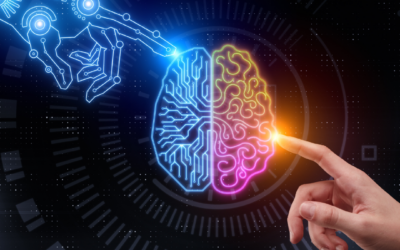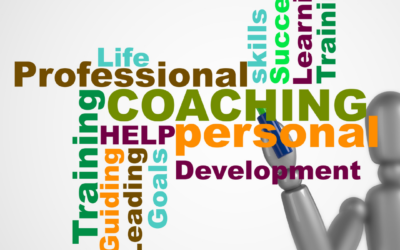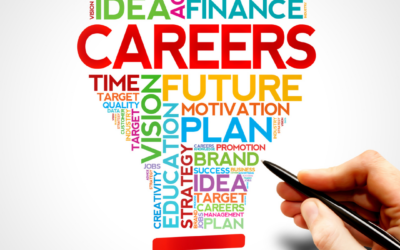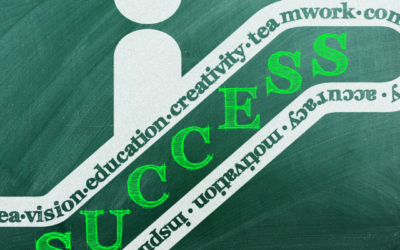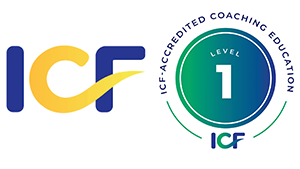The modern workplace is more diverse than ever, with multiple generations working side by side. Each generation, from Baby Boomers to Gen Z, brings its unique perspective, work habits, and expectations to the table. While this diversity can be a source of strength, it can also lead to misunderstandings and conflicts. That’s where coaching comes in, offering a valuable tool for bridging generation gaps in the workplace.
Before delving into how coaching can help, it’s essential to acknowledge the generational differences that exist:
Traditionalists (Born before 1946): These individuals often value hierarchy, stability, and hard work. They may have a more traditional approach to work.
Baby Boomers (Born 1946-1964): Baby Boomers value teamwork and may prioritize face-to-face communication. They often appreciate structured work environments.
Generation X (Born 1965-1980): Gen Xers are known for their independence and adaptability. They may prefer a work-life balance and opportunities for skill development.
Millennials (Born 1981-1996): Millennials seek meaning and purpose in their work. They value flexibility, technology, and collaboration.
Generation Z (Born 1997-Present): Gen Zers are digital natives who value diversity, personalization, and social responsibility. They are the newest additions to the workforce.
Coaching can play a pivotal role in bridging these generation gaps by fostering understanding, empathy, and effective communication:
Building Awareness: Through coaching, employees of different generations can gain awareness of their own biases, assumptions, and stereotypes about other age groups. This self-awareness is the first step toward breaking down barriers.
Improved Communication: Coaching equips individuals with tools to communicate more effectively across generations. Coaches help employees develop active listening skills and adapt their communication styles to connect with colleagues of all ages.
Conflict Resolution: When generational conflicts arise, coaches can facilitate constructive conversations to resolve misunderstandings and find common ground. This process promotes harmony and collaboration in the workplace.
Mentoring and Reverse Mentoring: Coaching can support mentoring programs where more experienced employees share their knowledge with younger colleagues and vice versa. This cross-generational exchange of skills and insights benefits everyone involved.
Leadership Development: Coaching helps individuals develop leadership skills that are effective across generations. This includes learning to lead diverse teams and adapt leadership styles to meet the needs of different age groups.
In today’s multigenerational workplace, coaching is a powerful tool for fostering understanding, empathy, and collaboration among employees of all ages. By addressing generational differences head-on and providing individuals with the skills to navigate them, coaching helps create a more harmonious and productive work environment. It’s a win-win for both employees and organizations, contributing to a culture of inclusivity and innovation.
